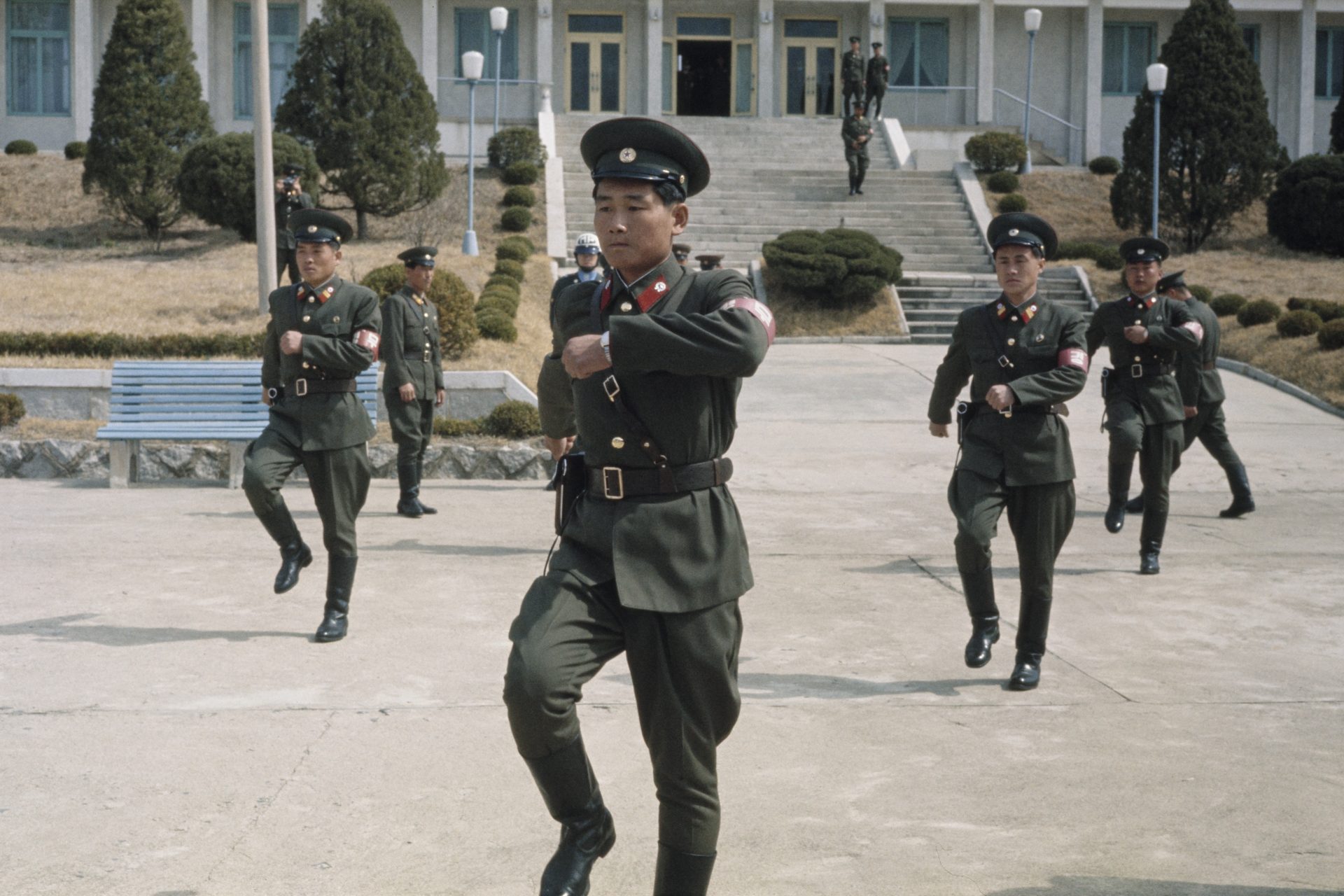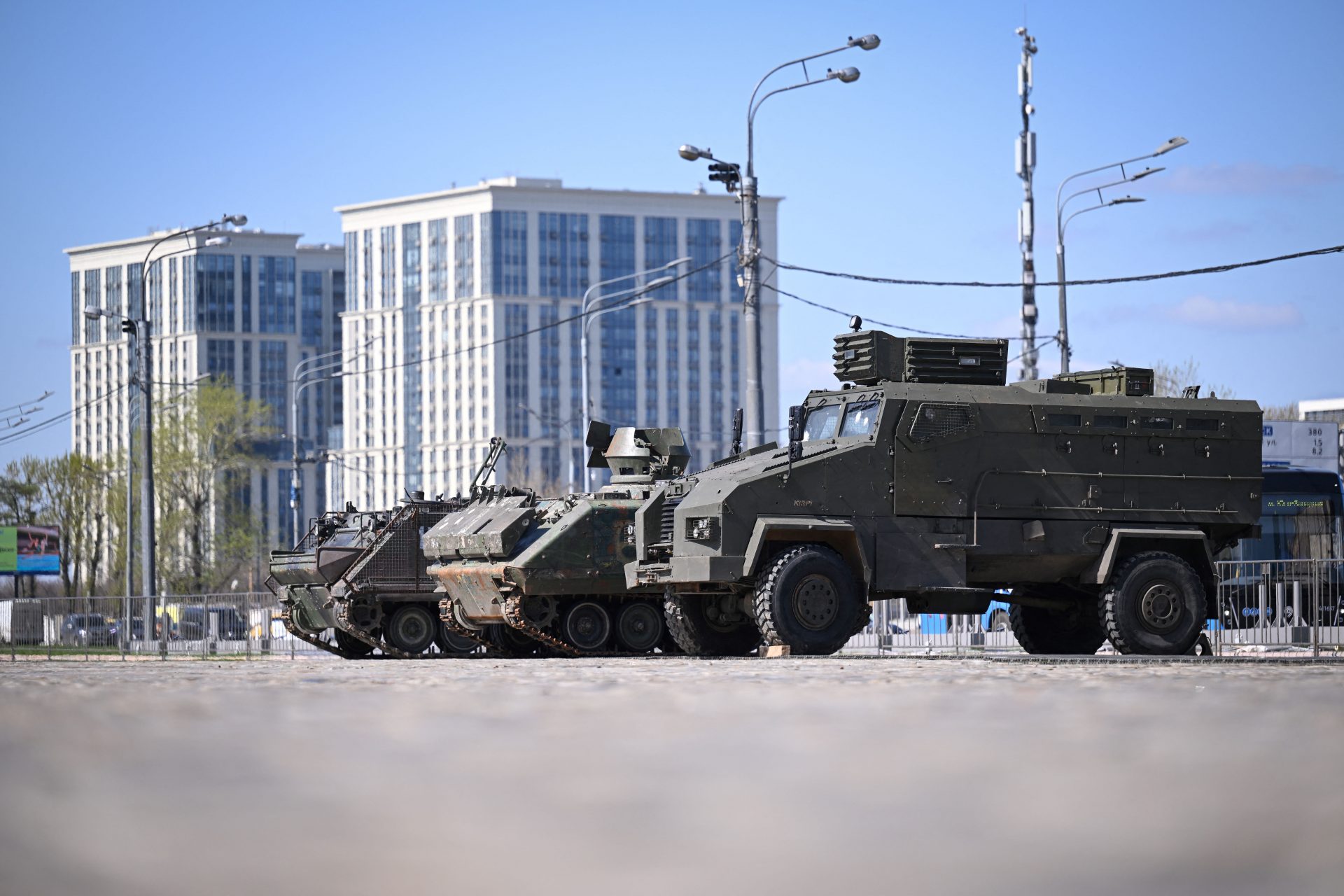Sleep restriction can harm your physical performance and well-being
Sleep restrictions can take a toll on your performance and well-being according to a new study exploring the negative impacts athletes suffered when they didn’t get enough rest following several days of intense training. But why should these findings matter to you?
Athletes who engage in multiple days of training are always looking for new strategies to help them get an edge over their competitors. Training can often be a deciding factor in most competitive sports and finding a way to recover from hard workouts is essential.
Sleep might be one of the best ways an athlete can recover physically but it's not always easy to schedule sleep with a demanding training regime. What happens when athletes don’t get the rest they need was a question that researchers wanted to answer.
Researchers chose to look at cyclists in order to answer their questions and designed a study to explore how sleep deprivation would impact not only their participants' cycling performance but also how a lack of sleep would affect their mood and overall well-being.
Ten advanced male cyclists were chosen for the study according to Psy Post and their sleep was tracked for a total of ten days while they were subjected to two training experiments separated by a week with manipulation of their sleep quantity added in between the training sessions.
Each of the training sessions consisted of two days of exercise with day one having the athletes complete a 90-minute cycling protocol and day two seeing each participant was asked to finish a 30-minute cycling protocol followed by a 30-minute rest period.
The participants were allowed to sleep for 8 hours and 3 hours in what Psy Post referred to as a counterbalanced order, meaning the participants were split in half and completed each task in separate orders with some sleeping three hours before the first test trial.
The study revealed that the athletes who had gotten 8 hours of sleep performed better than those who had their sleep restricted and the study’s authors concluded: that “sleep restriction led to reduced mean power output during endurance cycling tests.”
Interestingly, performance decreases occurred in the sleep-restricted group even though they showed no substantial changes in other physiological variables like their heart rate and blood parameters. But the findings discovered more than just performance issues.
Sleep-restricted athletes noted a significant reduction in total wellness according to the study’s authors, self-reporting “a combination of fatigue, sleep quality, general muscle soreness, stress, and mood scores” before beginning day two of the study’s exercises.
The study’s authors concluded that a sleep restriction of 3 hours between consecutive days of exercise—conditions that matched with a typical training schedule—had a very significant and negative effect on cycling performance in the following days.
“The findings suggest that not only is sleep important for exercise performance but, wellbeing, which may also influence cycling performance,” the study’s authors wrote.
This isn't the first time scientists have shown that sleep deprivation can affect an athlete and their performance. In 2017, a group of researchers discovered that a single night of sleep restriction could affect a person’s skeletal muscle function the following morning.
In 2020, a study looking at running endurance published in Physiology & Biology found performance decreased and discomfort increased in runners partially sleep deprived, an issue the study’s researchers believed was linked to lower cardio-respiratory responses.
The practical implications of the new study examining sleep deprivation show that coaches and athletes should not only prioritize sleep to improve performance but also so they can ensure their mood and overall wellness aren't affected in a way that would be detrimental to their performance.
What does this mean for you and me? If you want to feel good after a friendly game of football or make sure you don’t get in a bad mood when you’ve finished your daily run, then you should make sure you get a full night's rest, especially if you have more exercise planned.
More for you
Top Stories





























